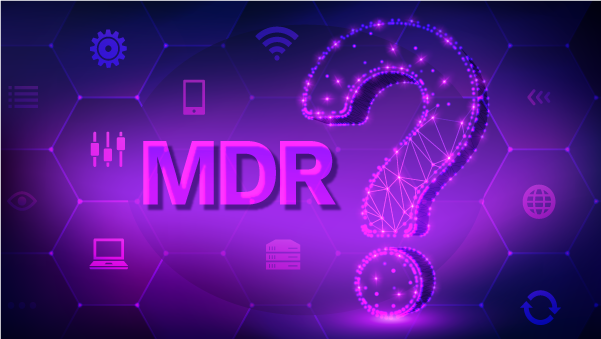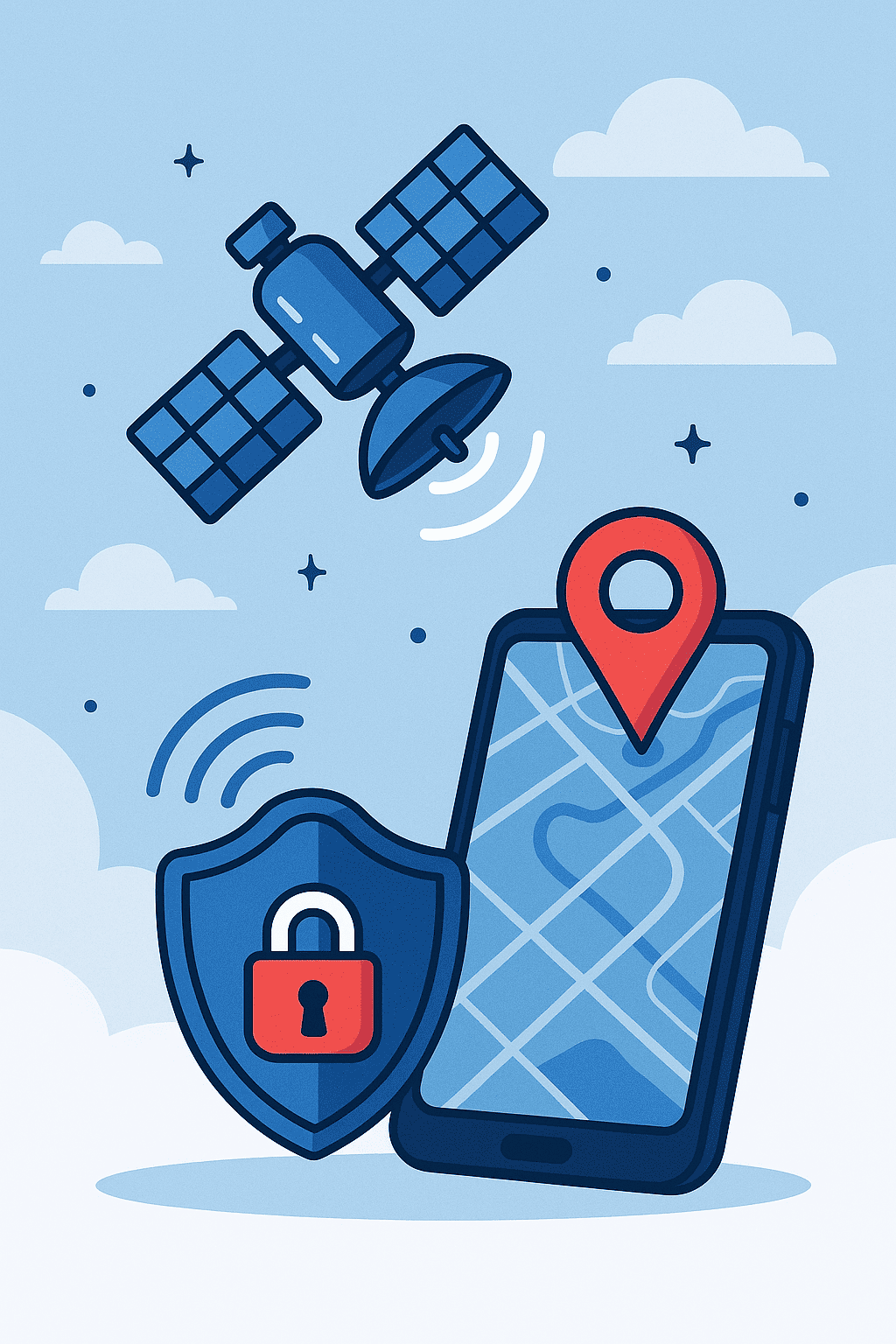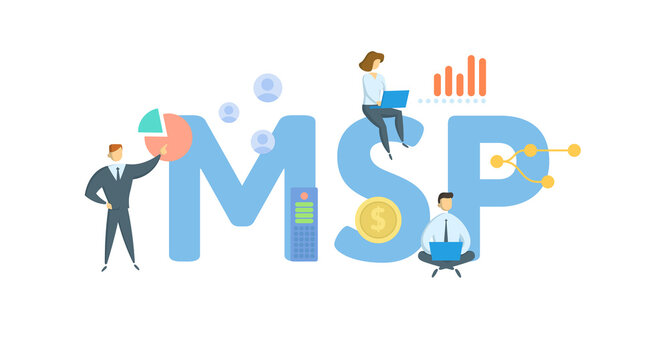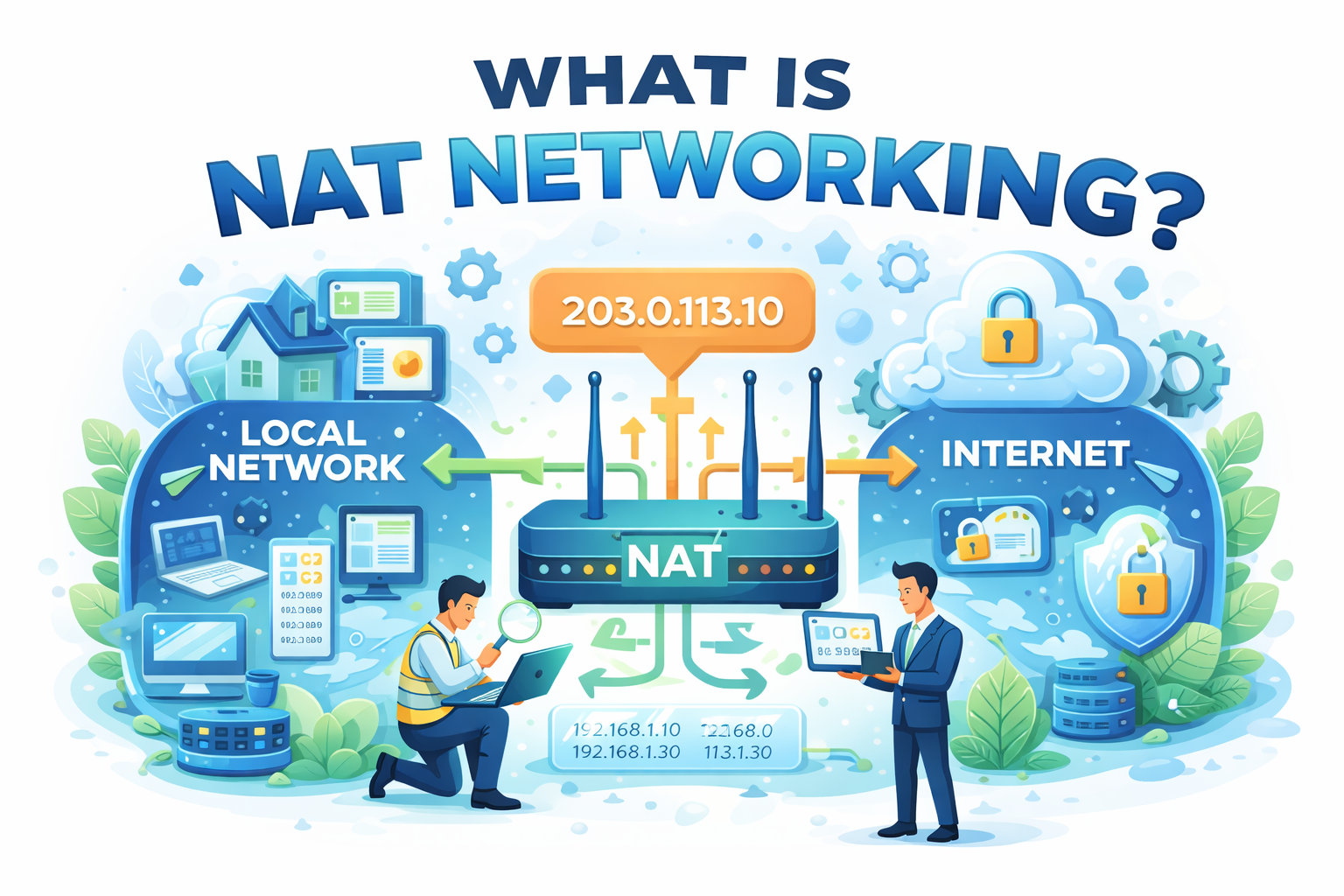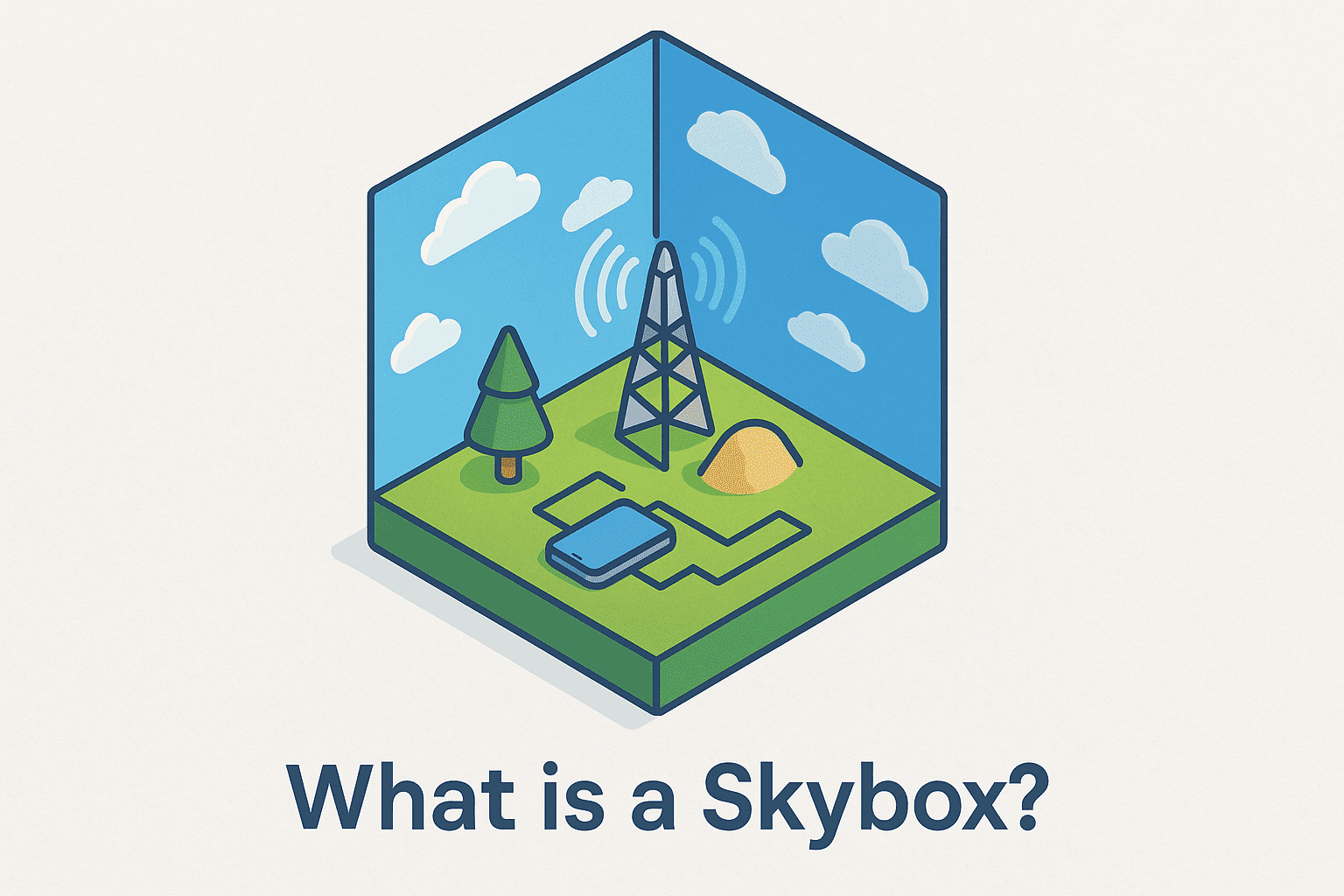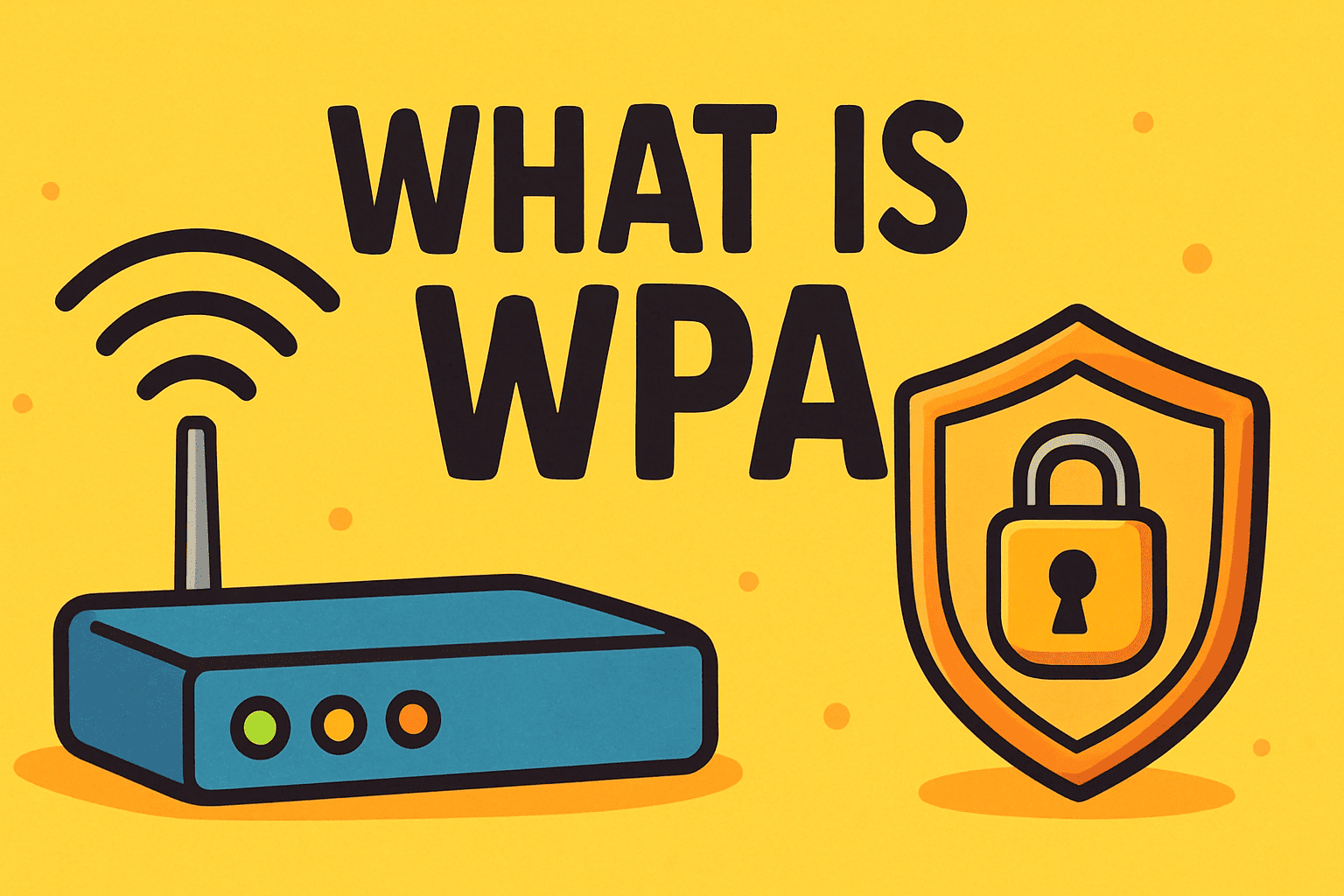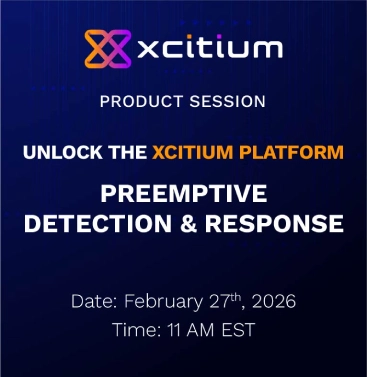What Is a Data Center? Core Infrastructure for the Digital World
Updated on June 20, 2025, by Xcitium
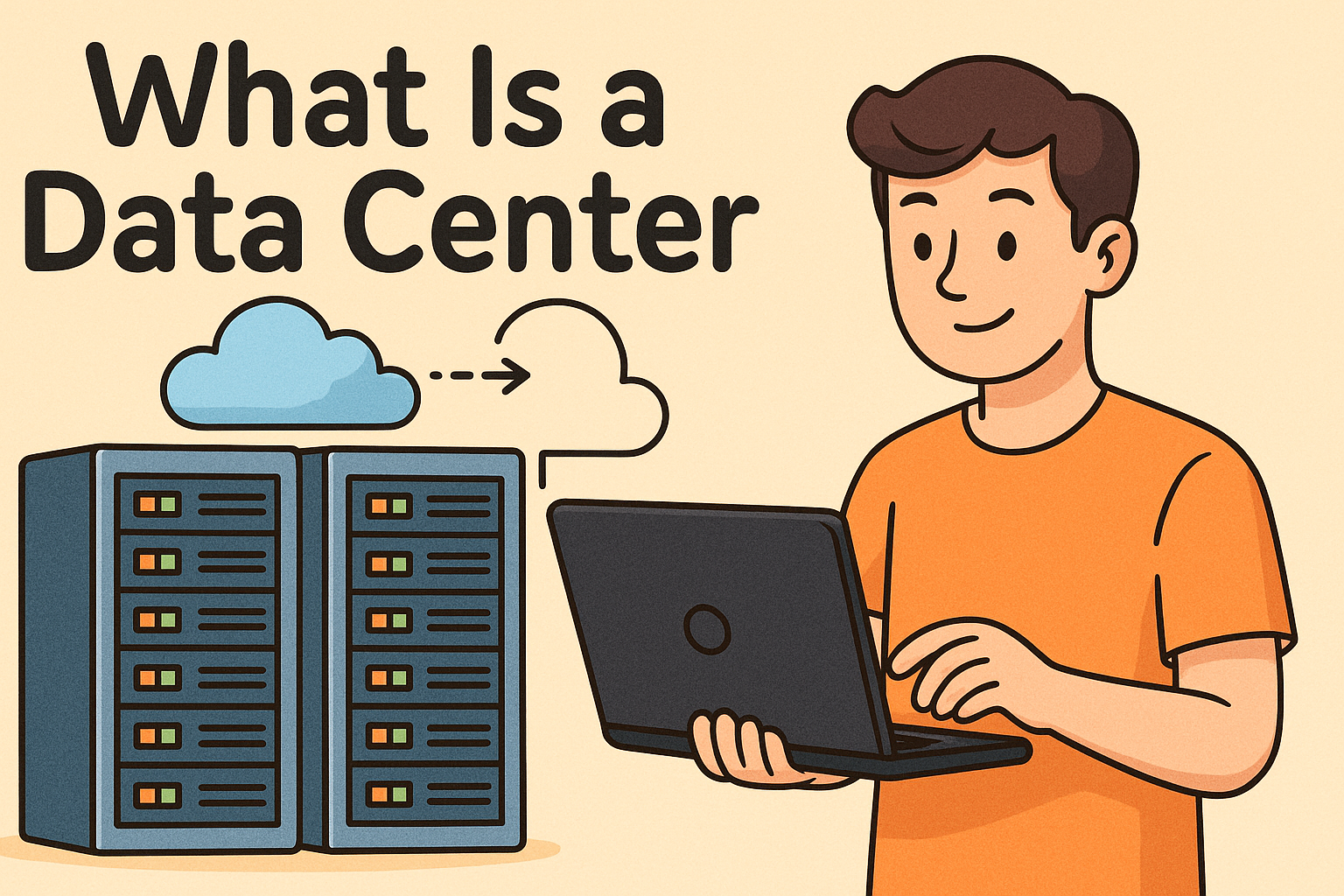
What is a data center, and why does nearly every modern business rely on one? In today’s digital-first world, data centers are the engines powering everything from cloud storage and AI applications to financial transactions and cybersecurity operations.
This guide breaks down the data center meaning, different types of architectures, and the evolving roles of AI data center capabilities, colocation, and cloud-managed data center services. Whether you’re a CEO, cybersecurity expert, or IT manager, understanding how data centers function is vital.
What Is a Data Center?
A data center is a physical facility that organizations use to house their critical applications and data. It consists of networked computers, storage systems, and computing infrastructure that support IT operations, data processing, and cloud services.
Key Functions of a Data Center:
- Data storage and management
- Application hosting
- Data backup and disaster recovery
- High-speed networking
- Cybersecurity monitoring and response
Types of Data Centers
Modern data centers vary widely in form and function. Here are the most common categories:
1. Enterprise Data Centers
Privately owned and operated by large organizations.
2. Colocation Data Centers
Third-party facilities where multiple businesses lease space and infrastructure—known as data center colocation.
3. Cloud Data Centers
Hosted by cloud providers like AWS, Azure, or Google Cloud. These support cloud-managed data center services, providing on-demand compute and storage.
4. Edge Data Centers
Located closer to users or devices to reduce latency and support real-time processing.
5. AI Data Centers
Optimized for artificial intelligence workloads, using GPUs, high-speed networking, and advanced cooling systems.
Data Center Components
Every data center includes key physical and virtual components:
Physical Infrastructure:
- Servers and storage: Host applications and data
- Networking gear: Switches, routers, and cabling
- Cooling systems: Prevent overheating
- Power systems: UPS, backup generators, and surge protection
Software and Management Tools:
- Virtualization platforms
- Monitoring and analytics
- Data center management software
Data Center Security: Protecting the Core
Data center security is critical. Breaches here can compromise entire networks.
Key Security Measures:
- Physical access controls (badges, biometrics)
- 24/7 surveillance and security personnel
- Cybersecurity protocols (firewalls, IDS/IPS)
- Zero Trust architecture
- Redundancy and failover systems
Cloud-Managed Data Center Services
Businesses increasingly turn to cloud-managed data center services to offload infrastructure management.
Benefits:
- Reduced operational overhead
- Scalable compute and storage
- Global availability
- Automatic updates and patching
- Enhanced disaster recovery
Use Cases:
- SaaS and web apps
- Global file storage and access
- High-performance computing
- Multi-cloud and hybrid environments
Data Center Colocation: A Smart Alternative
Instead of building a data center from scratch, businesses can rent space and share infrastructure.
Advantages:
- Cost savings on real estate and infrastructure
- Built-in power, cooling, and connectivity
- On-demand scalability
- Access to Tier III and Tier IV facilities
Who Should Consider It:
- Startups and SMBs
- Businesses undergoing digital transformation
- Enterprises looking to reduce CAPEX
AI Data Centers: The Future of Compute
As AI and machine learning models grow, so do the demands on compute power.
Characteristics of an AI Data Center:
- GPU-accelerated servers
- High-speed storage and fabric networks
- Intelligent cooling systems
- Advanced monitoring and orchestration tools
Key Use Cases:
- Natural language processing (NLP)
- Computer vision and deep learning
- Autonomous systems
Data Center Construction and Design Trends
A modern data center must be efficient, secure, and scalable.
Top Design Priorities:
- Energy efficiency: Use of modular cooling and green energy
- Redundancy: N+1 or 2N architectures for fault tolerance
- Sustainability: LEED certification, carbon neutrality
- AI-powered automation: Predictive maintenance and optimization
Leading Data Center Companies
Some top data center companies globally include:
- Equinix
- Digital Realty
- Iron Mountain
- Cyxtera
- Switch
- Google Cloud, AWS, Microsoft Azure (cloud data centers)
FAQs About Data Centers
1. What is a data center in simple terms?
It’s a physical or cloud-based facility where companies store and manage their data, apps, and IT infrastructure.
2. What is the difference between cloud and data center?
A traditional data center is physical; cloud refers to services hosted on remote servers you access via the internet.
3. What is colocation in a data center?
Colocation means renting space in a third-party data center, including power, cooling, and security, to house your own servers.
4. What is data center security?
It includes both physical and digital safeguards that protect data centers from unauthorized access, outages, and cyberattacks.
5. Why are AI data centers important?
They are designed to handle high-performance computing needed for artificial intelligence and machine learning workloads.
Final Thoughts: The Backbone of Digital Business
Understanding what is a data center is no longer optional. Whether you’re deploying AI models, managing sensitive customer data, or building a hybrid IT strategy, the data center is your foundation.
Looking for secure and scalable infrastructure management? Sign up at Xcitium today.






